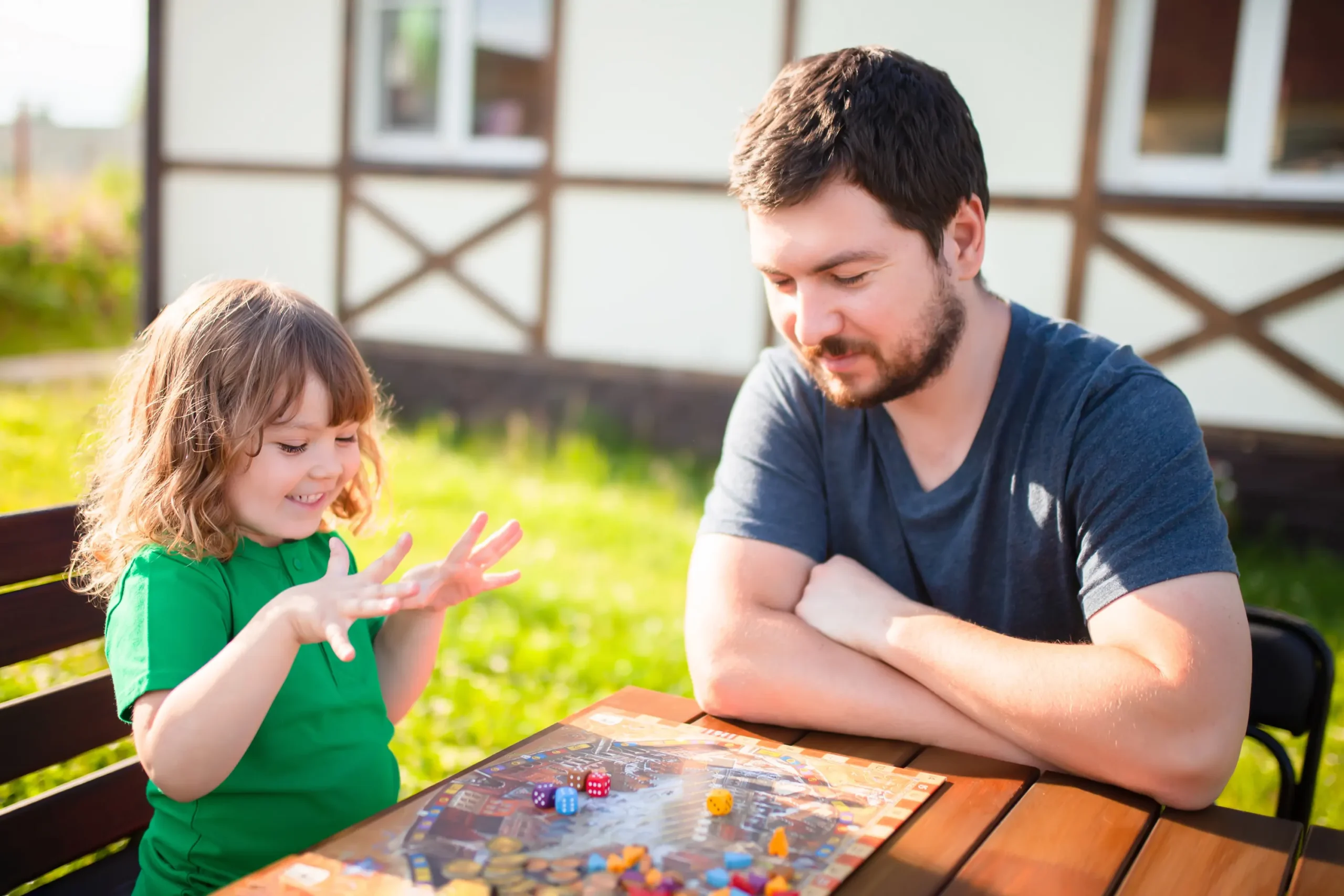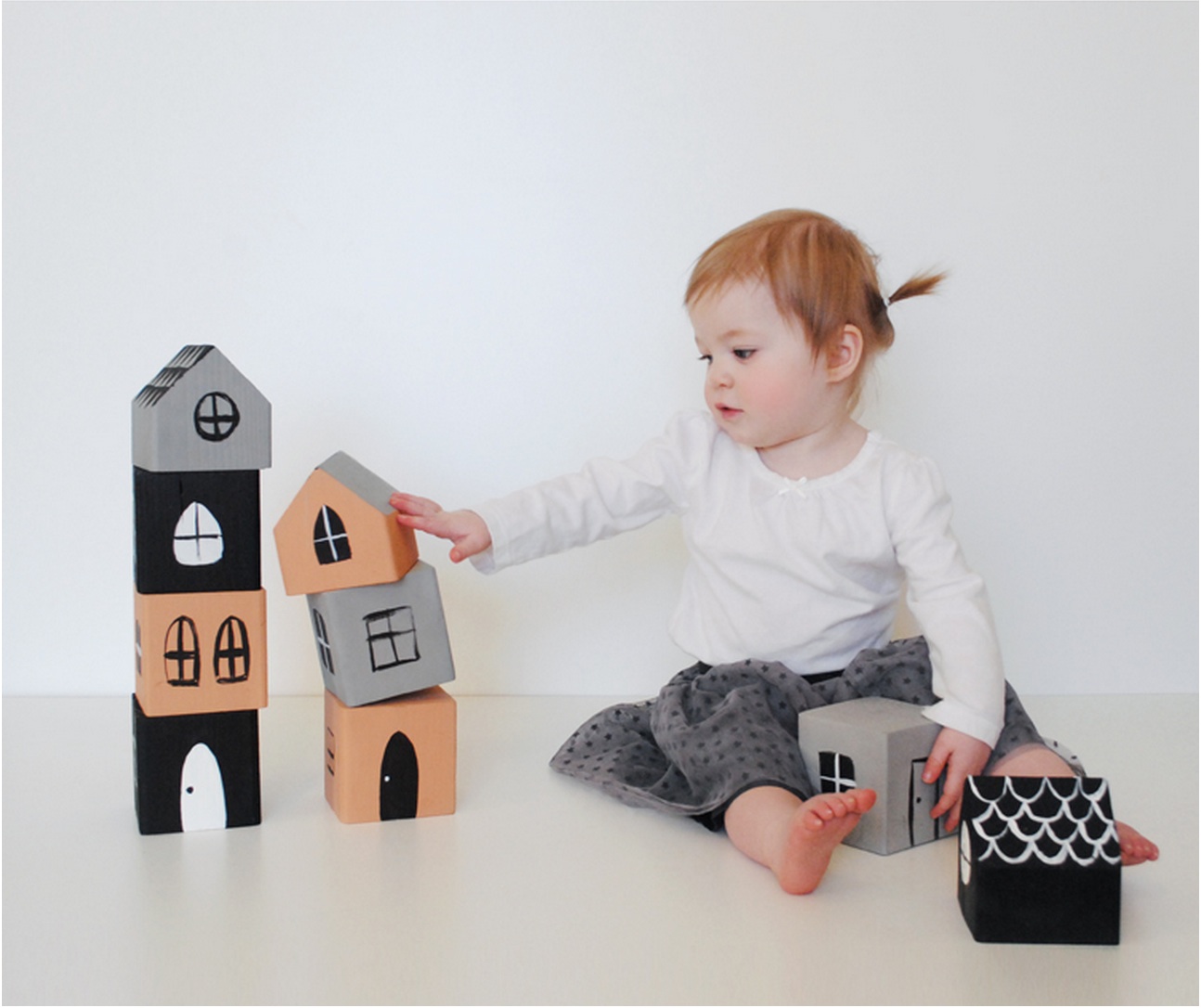
The Evolution of Fatherhood: Navigating Modern Challenges and Embracing New Opportunities
Fatherhood, once confined to the narrow boundaries of provider and authority figure, has undergone a profound transformation. The conventional image of the distant, stoic dad has given way to a multifaceted role that encompasses nurturing, emotional support, and active involvement in parenting. This evolution marks a shift in the very essence of fatherhood, redefining what it means to be a father in the 21st century.
In today’s dynamic society, the modern father stands at a crossroads, balancing the timeless essence of providing for his family with the evolving expectations of being a compassionate, engaged caregiver. This shift is not merely about shared responsibilities; it’s a reimagining of masculinity, breaking away from traditional stereotypes and embracing a more inclusive and nurturing role in the family unit.
The journey of fatherhood has always been marked by challenges and rewards, but the landscape has transformed drastically. As fathers navigate this new terrain, they face a myriad of modern challenges while seizing the opportunities that come with embracing a more active and emotionally present role in their children’s lives. This article explores the multifaceted evolution of fatherhood, delving into the challenges, rewards, and societal shifts that characterize this transformative journey.
From Provider to Nurturer
In previous generations, the father’s primary role was often centered around being the breadwinner—the one who provided for the family financially. However, the landscape of fatherhood has shifted dramatically. Today, fathers are actively engaged in parenting, sharing responsibilities like never before.
This shift has broadened the definition of fatherhood, emphasizing the importance of emotional presence, nurturing, and active involvement in their children’s lives. Fathers are now encouraged to be not just providers but also caregivers, mentors, and emotional anchors for their children.
Modern Challenges Faced by Fathers
While the evolution of fatherhood brings opportunities, it also presents its own set of challenges. Balancing the demands of career and family life remains a prominent struggle for many fathers. Juggling work responsibilities while actively participating in their children’s upbringing can be taxing, often leading to a quest for the elusive work-life balance.
Societal expectations and stereotypes also pose challenges. Traditional gender roles might still linger, influencing perceptions of what constitutes “good” fathering. Breaking free from these norms and embracing a more inclusive, nurturing role can be daunting for some fathers.
Shifting Parenting Dynamics
One of the most significant changes in modern fatherhood is the shift in parenting dynamics. Co-parenting and shared responsibilities between partners are becoming more prevalent. Fathers are increasingly involved in activities traditionally associated with mothers, from diaper changes and bedtime stories to school pickups and emotional support.
This collaborative approach to parenting fosters stronger bonds between fathers and children. It’s a testament to the evolving understanding that active involvement from both parents is essential for a child’s holistic development.
Embracing Emotional Connection
Emotional connection lies at the heart of modern fatherhood. Dads are encouraged to express emotions openly, engage in meaningful conversations, and create safe spaces for their children to share their feelings. By being emotionally present and supportive, fathers lay the groundwork for their children’s emotional intelligence and well-being.
This shift challenges the notion that men should be stoic and unemotional. Instead, it emphasizes the importance of emotional expression and understanding in nurturing healthy parent-child relationships.
Opportunities and Rewards
Despite the challenges, the evolution of fatherhood presents remarkable opportunities. Fathers now have the chance to forge deeper connections with their children, experiencing the joys of parenting more fully. Being actively involved in their children’s lives allows fathers to witness and participate in their growth, achievements, and milestones firsthand.
Moreover, the evolving landscape of fatherhood opens doors for more inclusive and supportive communities. It encourages discussions about fatherhood, challenges stereotypes, and celebrates diverse expressions of masculinity within parenting roles.
Rethinking Masculinity in Parenting
The evolution of fatherhood calls for a redefinition of masculinity. It challenges the traditional notion of masculinity rooted in stoicism and strength, inviting fathers to embrace a more nuanced, empathetic, and nurturing approach.
By redefining masculinity in the parenting sphere, fathers not only enrich their relationships with their children but also set powerful examples for future generations. They show that strength lies not just in physical prowess but also in emotional intelligence, empathy, and active participation in caregiving.
The evolution of fatherhood signifies a transformative shift—one that celebrates the multifaceted nature of parenting and challenges stereotypes about fathering roles. It’s a journey marked by both challenges and opportunities, calling for fathers to navigate new terrains while embracing the joys and responsibilities that come with an evolved role in their children’s lives.
As fathers continue to embrace this evolution, they contribute to a more inclusive and nurturing society. Their active involvement in parenting breaks down barriers, fosters deeper connections with their children, and paves the way for a future where fatherhood is defined not by stereotypes but by love, involvement, and emotional support.




